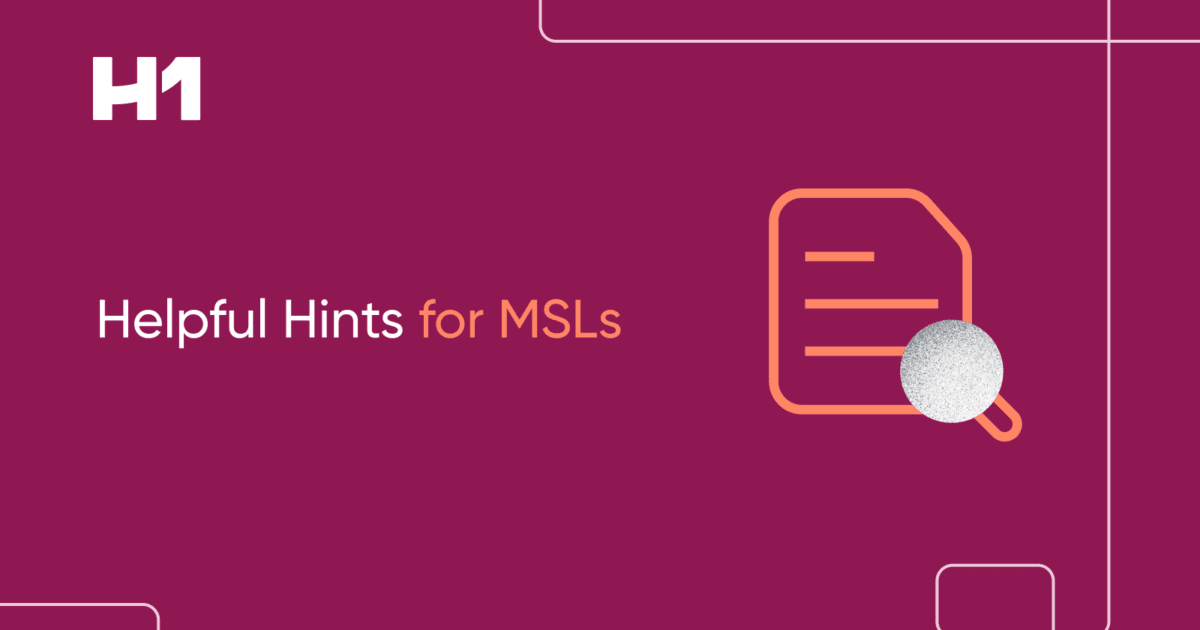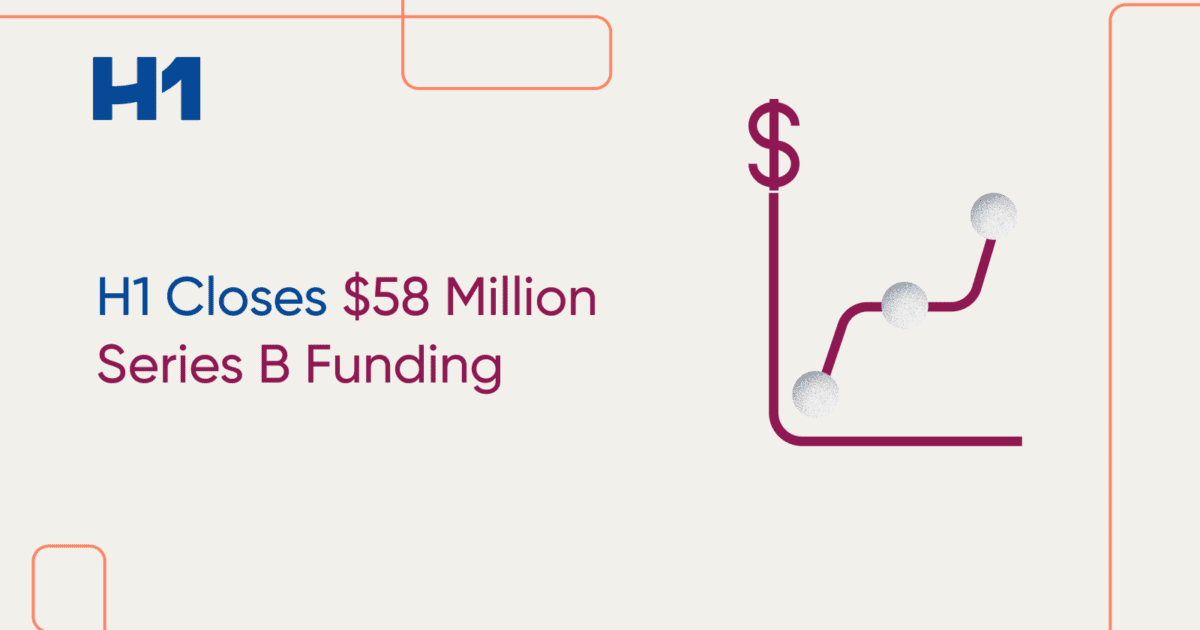Helpful Hints for MSLs

Beginning a new job is exciting, even though new jobs often come with new obstacles and potential challenges. Through the duration of the application process, the prospect of being a Medical Science Liaison is the light at the end of the tunnel. However, once you get there, you occasionally realize that it can be even more hard work than initially anticipated.
According to Prashant Desai, winner of the 2018 US MSL of the Year Award, “It takes a lot of work to always be a subject matter expert and always have the latest knowledge of data. It’s rigorous work and you always have to be the best version of yourself in front of your customers.” Bearing this in mind, what can a newer MSL proactively do to best prepare him or herself and ensure success?
MSL Survey Says…
In 2015, the MSL Society conducted a qualitative survey of MSLs and MSL managers from over 40 countries to determine key competencies of MSLs that proved to be successful with lasting and deep KOL engagements. MSL Managers rated Demand for Insight, Demand for Human Networks and Skill Scarcity as the top three factors for MSLs being excellent communicators and successful in their careers. In layman’s terms, this means providing accurate information and properly explaining its importance, building and leveraging relationships and professional networks and utilizing key interpersonal skills (especially description and communication) to help KOLs and demonstrate your value as a MSL.
The perspective added by these tips is certainly helpful, but it’s important to acknowledge that we, at the time of this article, are in a pandemic. On top of learning the lay of the land, new MSLs have to grapple with the emerging landscape of digital engagement.
Remote work is certainly the safest option during the age of COVID-19, but it comes with its own litany of potential pitfalls. Written tone in emails or messages can be more easily misinterpreted, and some may experience Zoom fatigue or unstable internet connectivity. Collecting HCP data can be stressful and tedious, though H1 can certainly help with strong data that’s well consolidated. MSLs may wonder, “how receptive are KOLs to outreach in the digital age?” Based on our research, it seems they are pretty receptive. Drawing from a study conducted by H1 earlier this year, 78% of KOLs surveyed found digital engagements with MSLs either somewhat effective or very effective. This is an encouraging statistic, and it’s not the only one. 82% of KOLs surveyed said they were slightly, moderately, or extremely satisfied with their MSL interactions during the pandemic. MSL outreach activities are working and viewed as very beneficial!
At the end of the day, what does this mean? Having a depth of knowledge is extremely important, but explaining the “why” of the information conveyed helps MSLs of all stripes differentiate themselves from the pack. Trusting in the knowledge that you continue to amass will go a long way. Excellent communication skills can make the worst of digital burnout melt away, and can help MSLs differentiate themselves in this new digital world. Put it all together and you’ve got a recipe for success!
